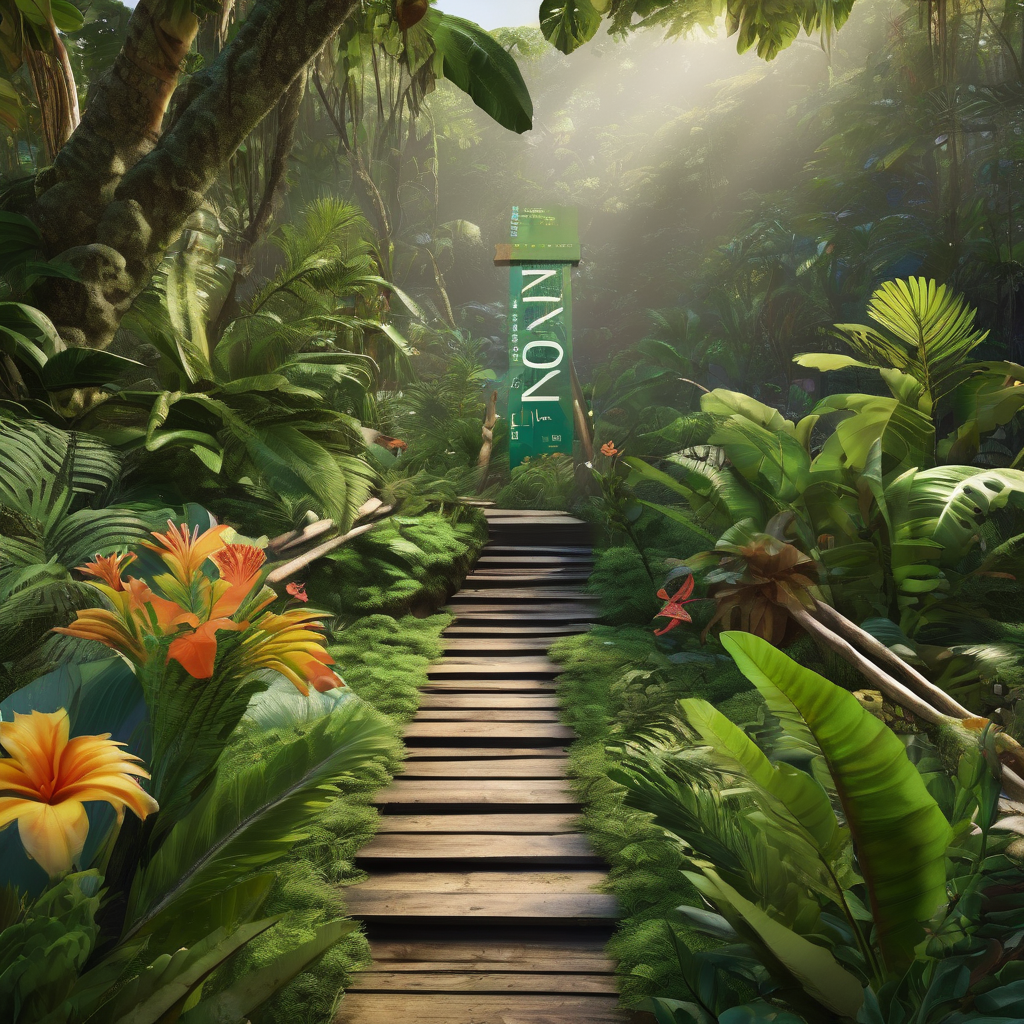Fiji is making strides to reestablish itself as a leader in global environmental initiatives, with the nation’s Minister for Environment and Climate Change, Mosese Bulitavu, representing the country at the upcoming IUCN World Conservation Congress 2025 in Abu Dhabi.
In a notable session titled “Reorienting Sectoral Public Policies Towards Better Productive Practices: Integrating Biodiversity,” Minister Bulitavu emphasized the critical role of biodiversity for small island developing states like Fiji. He asserted that biodiversity is essential for resilience, livelihoods, and the cultural identity of these nations. To this end, he urged governments worldwide to incorporate biodiversity considerations into all aspects of national planning and economic development.
During the congress, Bulitavu highlighted Fiji’s collaborations through the BIODEV2030 Project, partnered with the French Development Agency and IUCN Oceania. This initiative is designed to align with the Kunming-Montreal Global Biodiversity Framework, addressing unsustainable agricultural and coastal practices that threaten biodiversity and supporting Fiji’s commitment to preserving its natural heritage.
Fiji is implementing various key policy measures, including revisions to the Kava Bill to enhance environmental protections, offering sustainability incentives to farmers, and strengthening legal safeguards for marine environments through the Draft Inshore Fisheries Decree. Moreover, the government encourages community participation in conservation initiatives by supporting local fish wardens.
Bulitavu articulated a vision for transforming economic activities, stating, “Our economic activities must no longer simply extract from nature; they must enrich it. The future of our people and our planet depends on our ability to integrate biodiversity into every decision we make.” He stressed that Fiji’s environmental strategy emphasizes collaboration among traditional knowledge, modern science, and effective policy-making to forge lasting solutions for ecosystems and communities alike.
Past initiatives demonstrate Fiji’s commitment to environmental sustainability in the face of significant biodiversity challenges. Echoing Bulitavu’s call during the International Day for Biological Diversity for united efforts to protect the environment, Fiji has launched numerous community-driven conservation projects. These efforts illustrate the importance of local engagement in fostering the ecological health of the nation.
While Fiji continues to contend with threats such as coral degradation, forest loss, and species endangerment, which endanger both its natural heritage and economic stability, the collaborative spirit evident in recent projects—ranging from marine conservation initiatives to sustainable agricultural practices—provides a hopeful framework for a resilient and sustainable future. The ongoing partnerships and governmental strategies reflect a proactive approach that inspires optimism for biodiversity conservation and the well-being of communities throughout Fiji and beyond.
